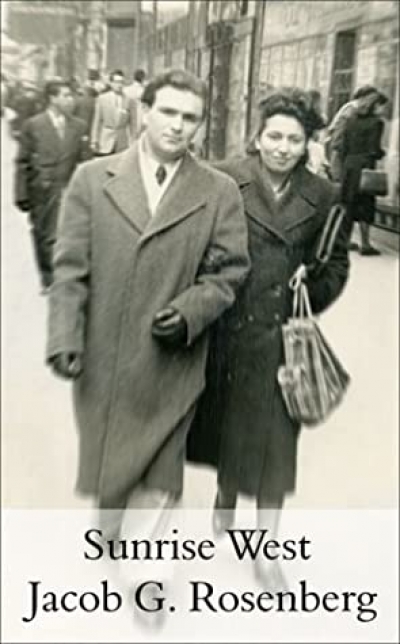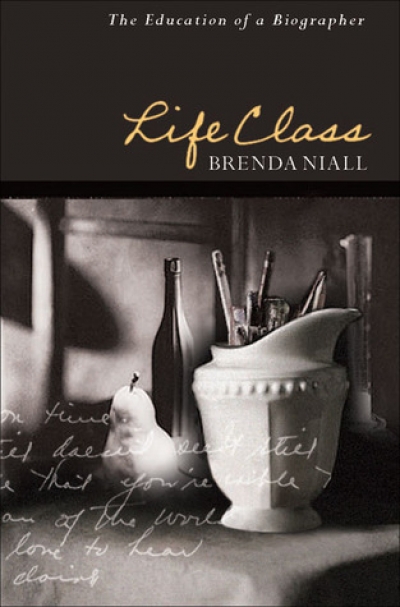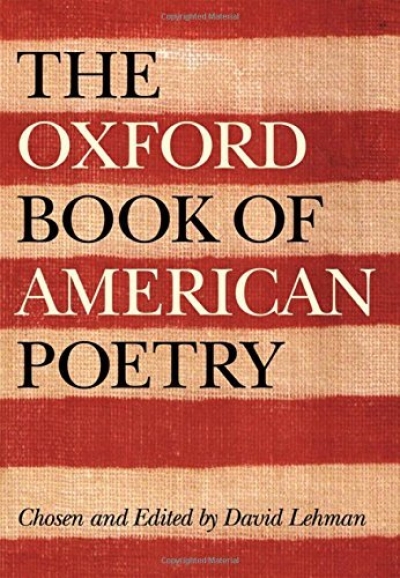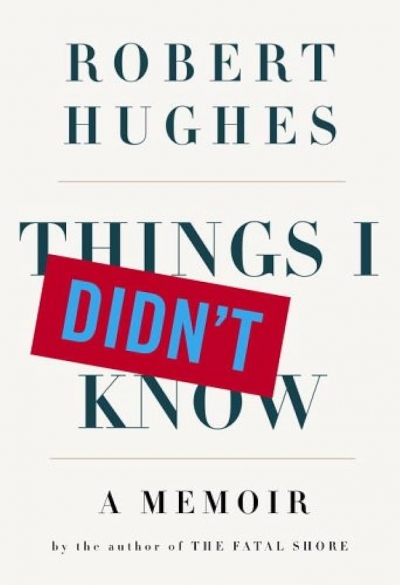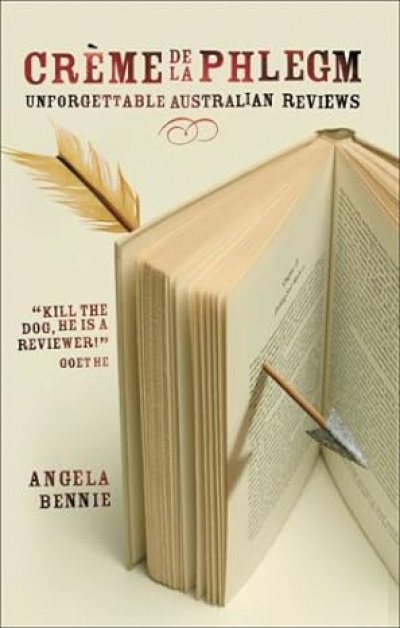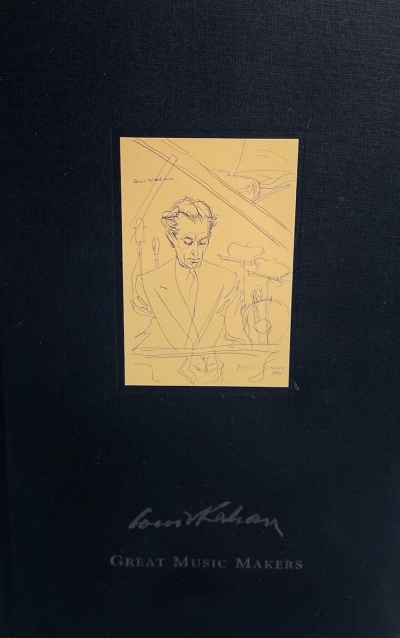Peter Rose
Listen, Lesbia!
Surely you can hear.
Shake off that silly hangover
while I part the curtains
just slightly.
The Oxford Book of American Poetry by David Lehman
Things I Didn’t Know by Robert Hughes & North Face of Soho by Clive James
Crème de la Phlegm: Unforgettable Australian reviews edited by Angela Bennie
for Craig Sherborne
‘Grief wrongs us so.’
Douglas Dunn
To the sea we bear our fathers in state –
or what they’ve done to them: the square conversions.
Surf mild as receding tides,
we slump in dunes with our burdens,
... (read more)My theme is the mixed and contentious business of reviewing: its influence, its limitations, its present condition in what we like to call our literary culture. I will largely confine my remarks to the literary pages of our newspapers and magazines. I don’t propose to comment on the learned journals – or criticism at monograph length issuing from the academy. (Not, sadly, that there is much of that kind of publishing in Australia these days.)
... (read more)
